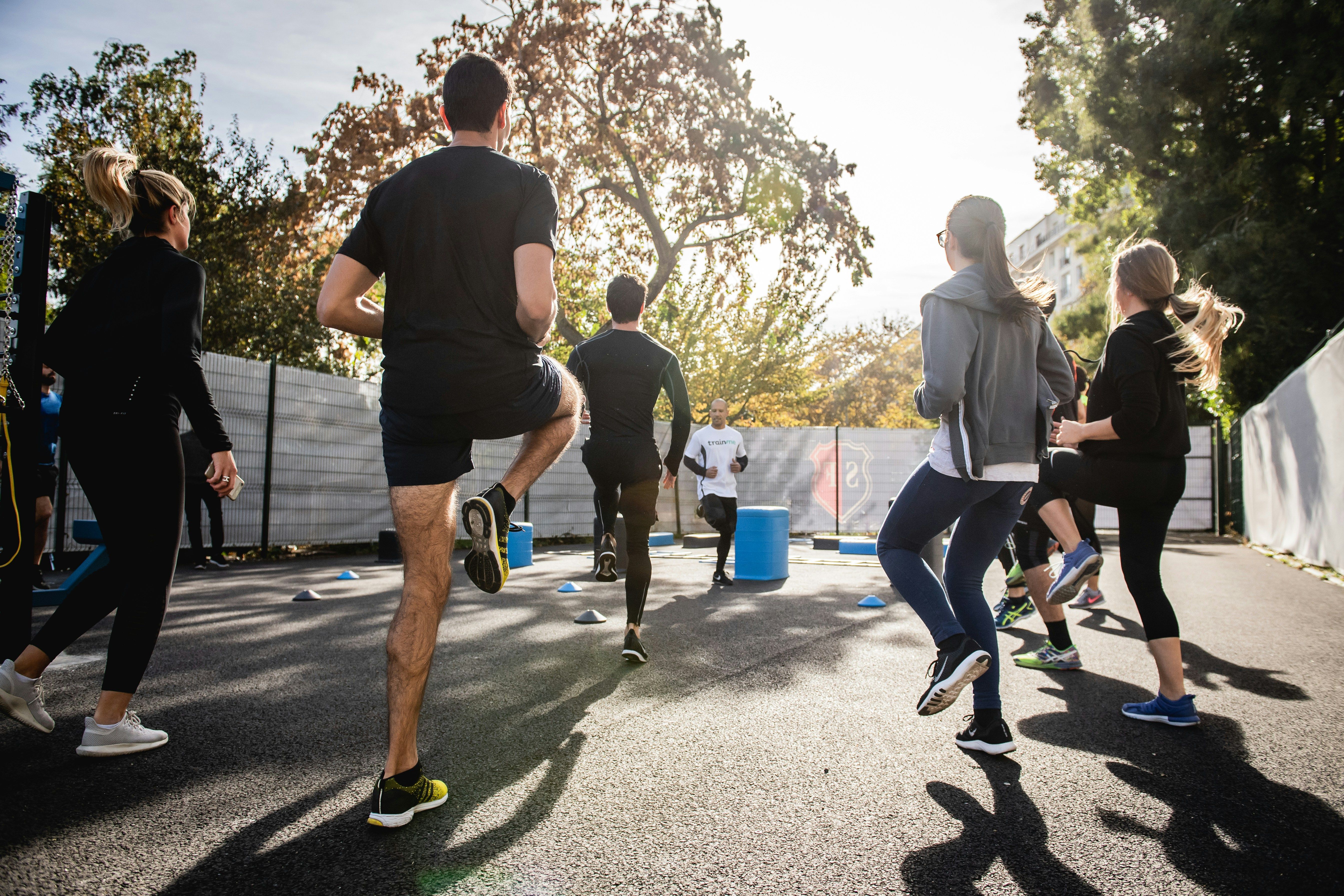Exercise More Evidenced for Arthritis than Yoga, Acupuncture
A study supports recent clinical guidelines highly recommending exercise for patients with rheumatoid arthritis or spondyloarthritis.
By
Lana Pine
| Published on September 5, 2024
4 min read
Credit: Unsplash / Gabin Vallet

A new study provided evidence that exercise is a highly beneficial strategy to manage rheumatoid arthritis (RA) and spondyloarthritis, while other non-medical methods require more analysis—such as acupuncture, yoga, anti-inflammatory diets and Chinese herbal therapy.
There has lately been increased inclusion of lifestyle interventions, such as exercise and dietary recommendations, in clinician-drafted guidelines for managing chronic disease. For example, exercise is considered a crucial practice for spondyloarthritis management and is a strongly recommended practice in the management of RA.
“The prevalence of integrative therapy utilization may reflect patient-reported priorities for care in arthritis, which include the control of physical symptoms and the achievement of normalcy, self-efficacy, and general wellbeing,” wrote a team of investigators on this latest study. “In Australia, users of integrative medicine tend to be well engaged with conventional health services and highly educated, but with multiple or chronic diseases causing a lower than average quality of life.”
A review evaluated evidence on lifestyle medicine and integrative treatment for patients with inflammatory arthritis using data from five electronic databases. Data included umbrella reviews, meta-analyses, and systematic reviews of randomized controlled trials involving diet, exercise, acupuncture, herbal medicine, nutritional supplements, and mind-body therapies for a variety of autoimmune diseases, including RA, spondyloarthritis, and gout, published between 2012 and 2022.
The primary outcomes were quality of life and functional status. A MeaSurement Tool to Assess systematic Reviews (AMSTAR-2) tool was used to determine review quality, while the certainty of evidence was assessed using the Grading of Recommendations Assessment, Development, and Evaluation (GRADE) approach when applicable.
In total, 52 reviews were included in the analysis. Of these studies, 38 recruited patients with RA, 12 had patients with spondyloarthritis, and 6 included patients with gout. Overall, 29 meta-analyses, 5 umbrella reviews, 5 systematic reviews, and 3 network meta-analyses were assessed. The methodological quality of the reviews was predominantly mostly critically low or low.
Aerobic exercise and a pooled exercise group were shown to be beneficial in reducing pain and improving functional status for both patients with RA and spondyloarthritis, with a moderate certainty of evidence. Although no data supported modifications in disease activity, no adverse events were reported.
Other recommendations, such as Chinese herbal medicine in combination with disease-modifying antirheumatic drugs (DMARDs), may improve function in RA, although it had a very lower certainty of evidence. Acupuncture may improve function in RA and pain in RA and gout; however, results were also classified as a very low certainty of evidence. Other therapies were not clinically significant, although they indicate potential benefits for quercetin and polyunsaturated fatty acids.
Yoga resulted in a moderate improvement in functional status when used in combination with medication, although the certainty of evidence was very low. Dietary intervention provided inconsistent improvements to functional status in patients with RA, gout, and spondyloarthritis, although the certainty of evidence was classified as low to very low.
Investigators noted future research should confirm the methodology is in alignment with previously established reporting guidelines. Particularly, it should provide a list of excluded studies with a rationale and evidence of a protocol.
“There is a pressing need for further high-quality research on integrative therapies for inflammatory arthritis, particularly in spondyloarthritis and gout, to improve the quality of life, reduce symptom burden, and prevent disability,” investigators concluded.
This article was originally published on sister site HCPLive.

